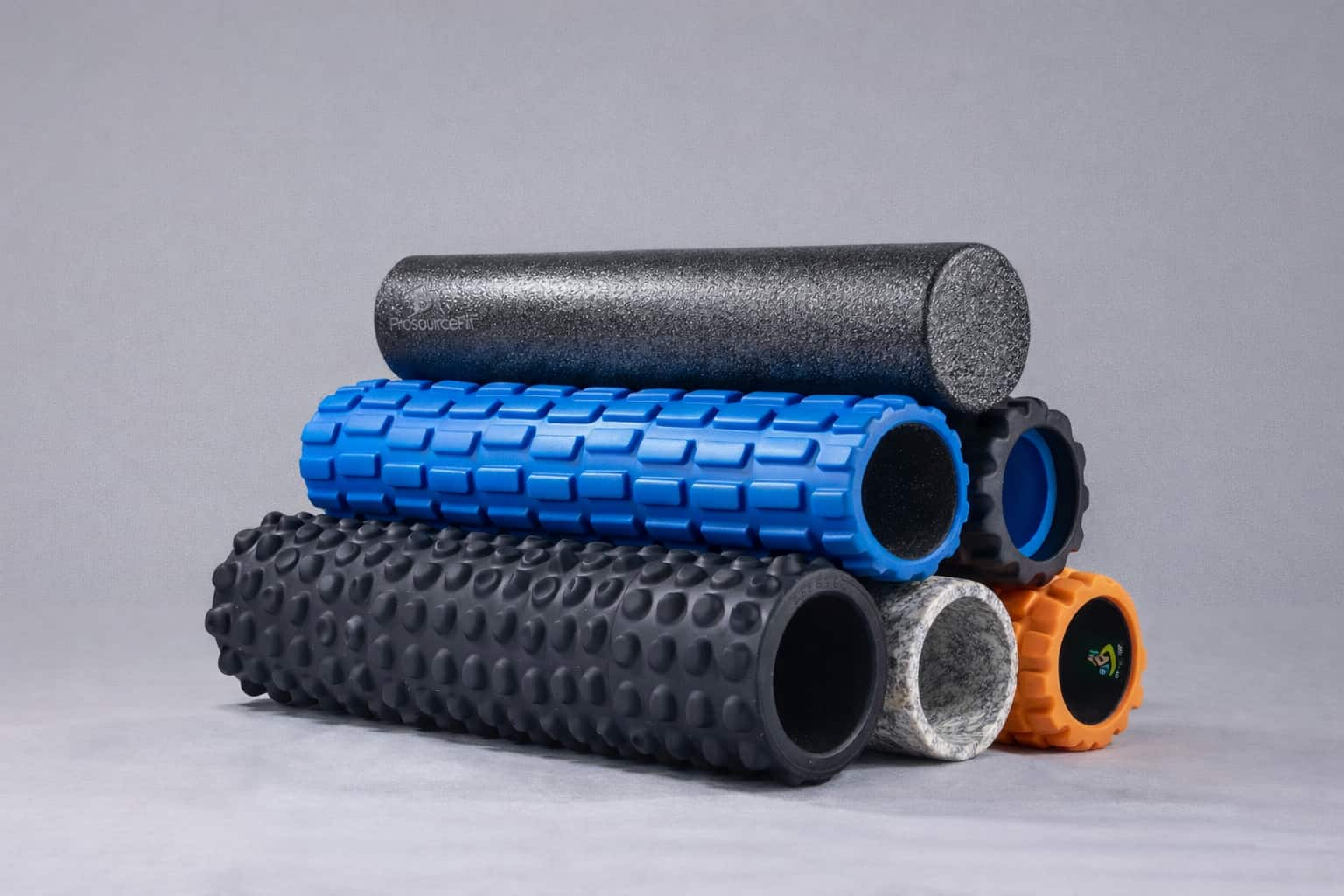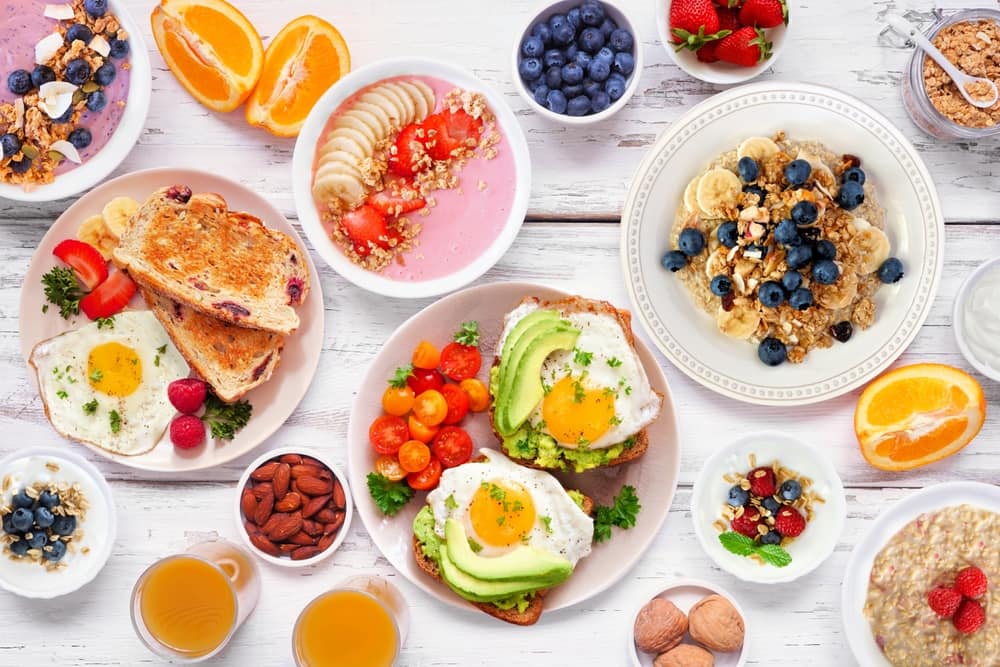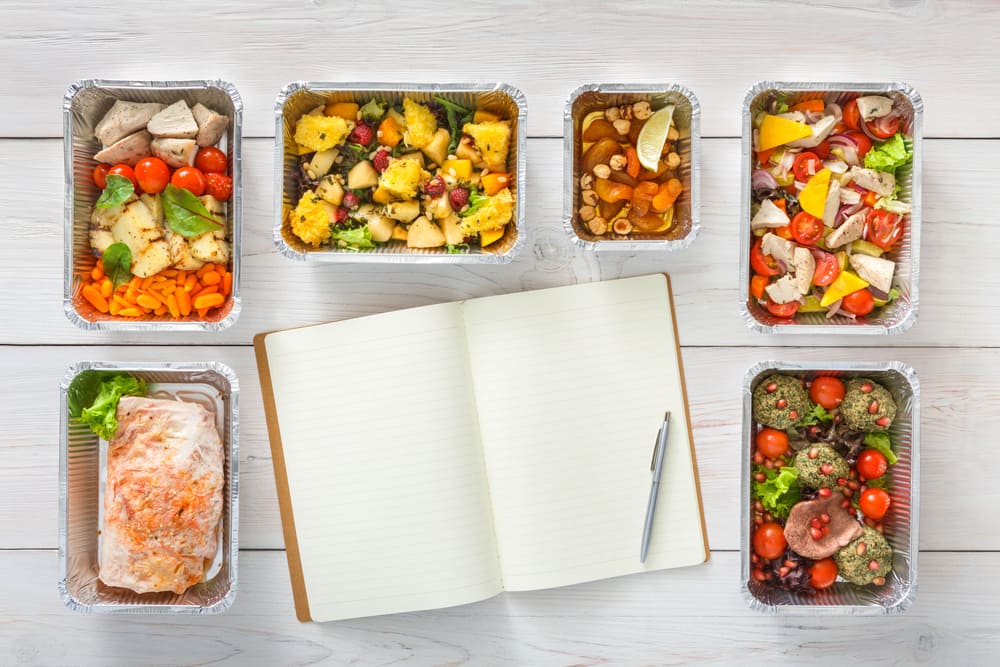Foods to avoid for better digestive health


Why Digestive Health Matters
Good digestion is essential for overall well-being. When your digestive system functions properly, your body efficiently absorbs nutrients, maintains energy levels, and eliminates waste. However, poor digestion can lead to bloating, constipation, acid reflux, and more serious conditions like irritable bowel syndrome (IBS) and food intolerance.
Did you know that nearly 70 million Americans suffer from digestive diseases? (NIDDKD). Our diet has a big impact on our gut, and the wrong foods cause many a problem in our system, feeling heavy, sluggish or sick daily.
Let’s dive into the foods you should avoid to improve your healthy digestion and overall digestive health.
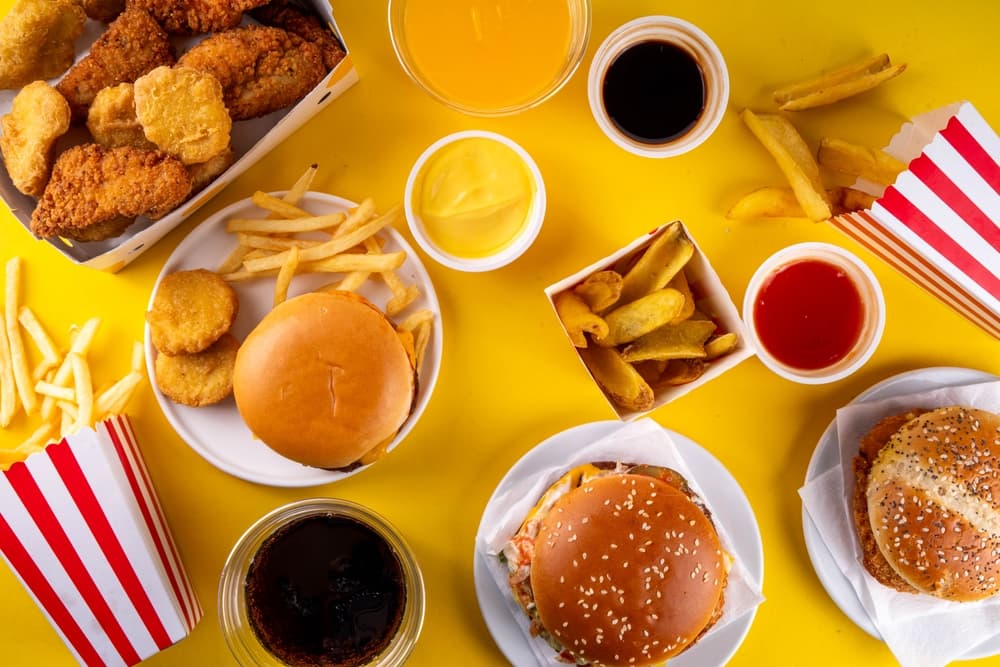

1. Processed Foods: The Silent Gut Disruptors
Why Are Processed Foods Bad for Digestion?
Processed foods contain preservatives, artificial additives, and refined sugars, all of which disrupt your gut microbiome. These ingredients promote inflammation, kill beneficial gut bacteria, and slow down digestion.
Examples of Processed Foods to Avoid:
- Packaged snacks (chips, cookies, candies)
- Frozen meals with artificial preservatives
- Sugary breakfast cereals
- Fast food items
What’s the Alternative?
Instead of processed snacks, opt for whole foods like fruits, nuts, and homemade meals with fresh ingredients.
Food for Thought:
Have you ever felt bloated or sluggish after eating fast food? That’s your gut signaling distress!
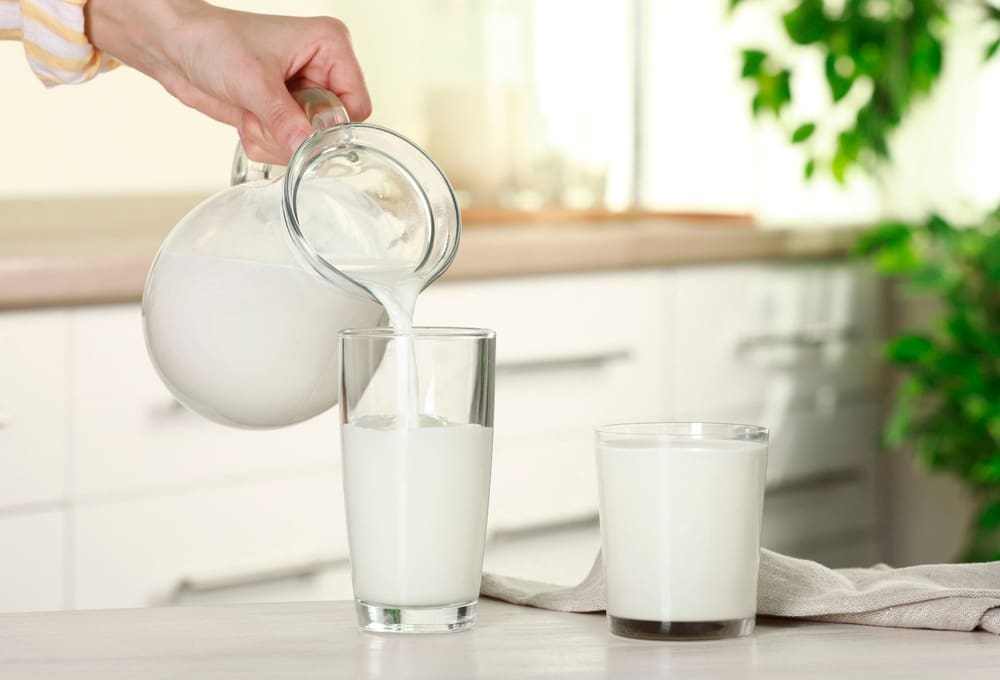

2. Dairy Products: Are They Causing Your Digestive Problems?
Lactose Intolerance & Dairy Sensitivity
Dairy products contain lactose, a sugar that many adults have trouble digesting due to low levels of the enzyme lactase. This can lead to bloating, cramps, gas, and diarrhea.
Common Dairy Products to Avoid:
- Milk (whole, skim, low-fat)
- Cheese (especially processed cheese)
- Ice cream
- Butter
Better Alternatives:
- Lactose-free milk or plant-based options (almond, oat, soy milk)
- Greek yogurt (contains probiotics, aiding digestion)
- Dairy-free cheeses made from cashew or coconut
Did You Know?
Michael Greger, in How Not to Die, highlights the link between dairy consumption and inflammation, acne, and even certain cancers.
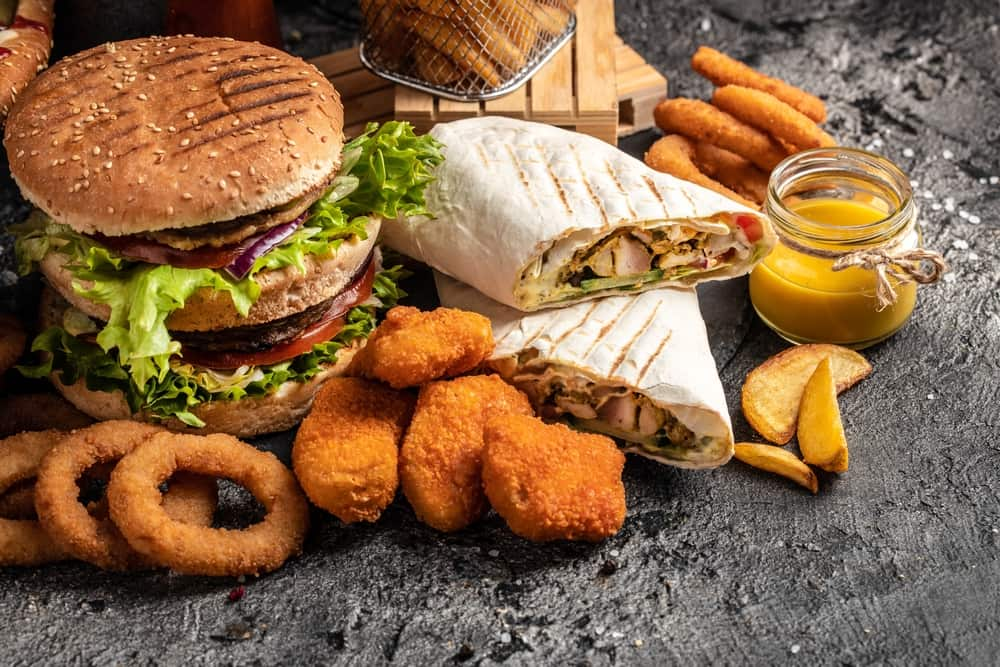

3. Fried and Greasy Foods: The Worst for Gut Health
Why Fried Foods Are a Problem
Fry foods carries that are higher of unhealthy fats that slow digestion and as a result suffered from acid reflux also more likely. They also destroy gut-friendly bacteria and increase inflammation.
Examples of Fried Foods to Avoid:
- French fries
- Fried chicken
- Onion rings
- Potato chips
What to Eat Instead:
- Cook, broil, or poach the food instead of frying.
- Opt for good fats, for example, olive oil and avocado oil.
Ask Yourself:
Do you feel heavy or nauseous after a greasy meal? Your gut might be struggling to break it down!
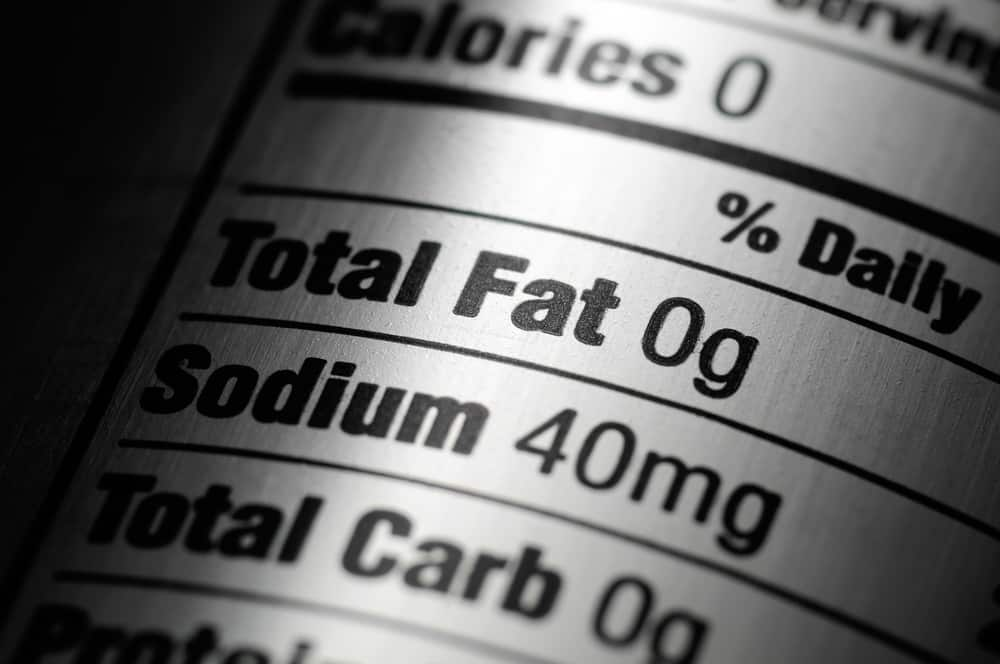

4. Artificial Sweeteners: Gut Bacteria’s Worst Enemy
Why Are Artificial Sweeteners Bad?
Although marketed as “healthier” alternatives to sugar, artificial sweeteners like aspartame, saccharin, and sucralose disrupt gut bacteria, leading to digestive problems and even weight gain.
Common Foods Containing Artificial Sweeteners:
- Diet sodas
- Sugar-free gum
- Protein bars
- Sugar-free candies
Healthy Sugar Alternatives:
- Honey
- Stevia
- Coconut sugar
A Fact to Remember:
A study from The China Study suggests artificial sweeteners may negatively impact insulin sensitivity and gut microbiota balance.
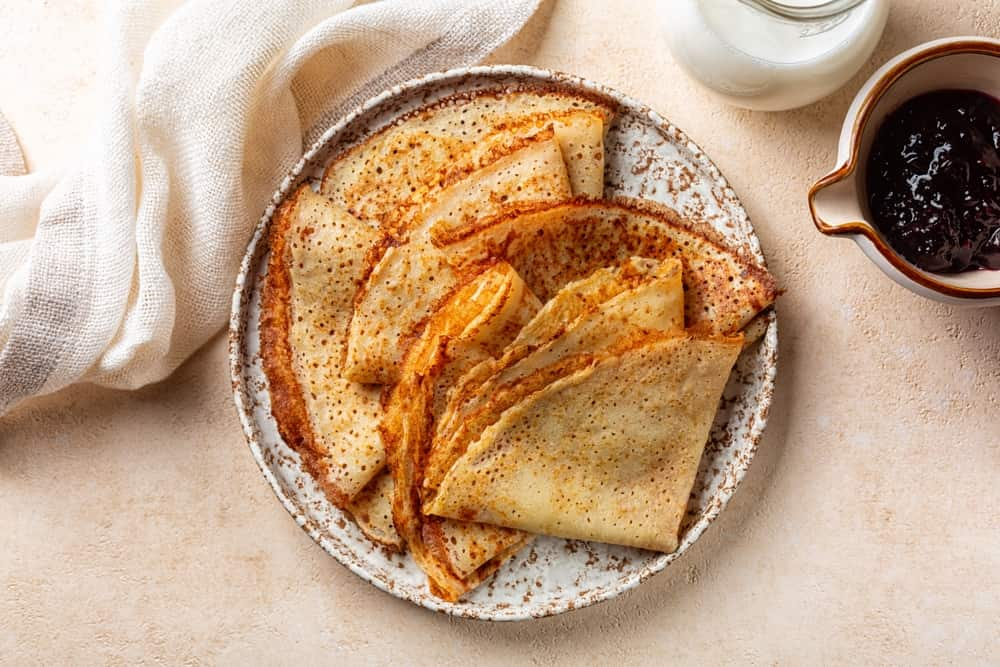

5. Gluten: A Hidden Trigger for Digestive Problems
Why Does Gluten Cause Issues?
Gluten is a protein that is found in the wheat, barley, and rye naturally. Some people are sensitive to gluten, experiencing bloating, stomach pain, and even chronic inflammation (Celiac disease or gluten intolerance).
Gluten-Heavy Foods to Avoid:
- White bread
- Pasta
- Pastries
- Beer
What to Eat Instead?
- Gluten-free grains: quinoa, brown rice, buckwheat
- Whole foods: fruits, vegetables, lean proteins
Success Story: The Power of Going Gluten-Free
Sarah, a 38-year-old entrepreneur, suffered from chronic bloating and fatigue. After eliminating gluten and switching to a gut-friendly diet, she experienced better digestion, clearer skin, and increased energy levels!
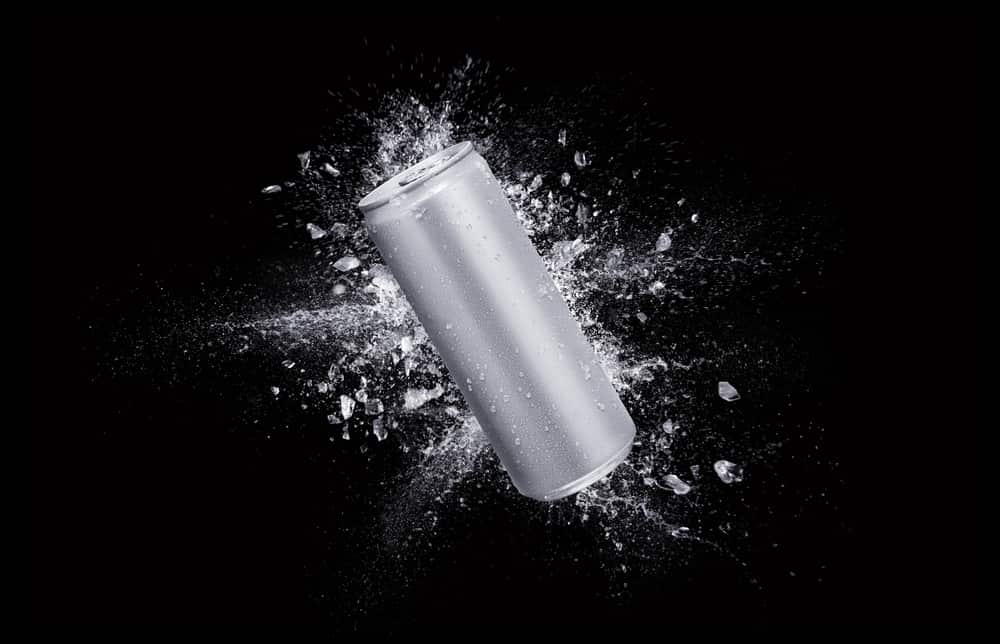

6. Carbonated Beverages: Bloat in a Bottle
Why Soda and Sparkling Drinks Harm Digestion
Carbonated drinks introduce excess gas into your digestive system, leading to bloating, belching, and discomfort. The high sugar and acid content can also contribute to acid reflux.
Drinks to Avoid:
- Sodas (diet and regular)
- Sparkling water (if you’re prone to bloating)
- Energy drinks
Better Beverage Options:
- Herbal teas (ginger, peppermint, chamomile)
- Infused water with lemon or cucumber
Did You Know?
Michael Pollan, in In Defense of Food, advises choosing water or natural drinks over artificially sweetened sodas for optimal gut health.
Final Thoughts: A Gut-Healthy Lifestyle
Your gut plays a crucial role in your overall health. Avoiding these various foods that can cause digestive problems and switching to a diet that is made up of mainly whole foods, probiotics and fiber can be a way to get your digestive system healed.
Key Takeaways:
✅ Limit processed foods and artificial additives.
✅ Reduce dairy if you experience discomfort.
✅ Swap fried foods for baked or grilled options.
✅ Avoid using unnatural sweeteners and select real alternatives instead.
✅ Consider a gluten-free diet if you have intolerance symptoms.
✅ Drink water and herbal teas instead of carbonated drinks.
By making small, mindful changes, you can enhance your gut health, boost your energy, and feel your best every day!



